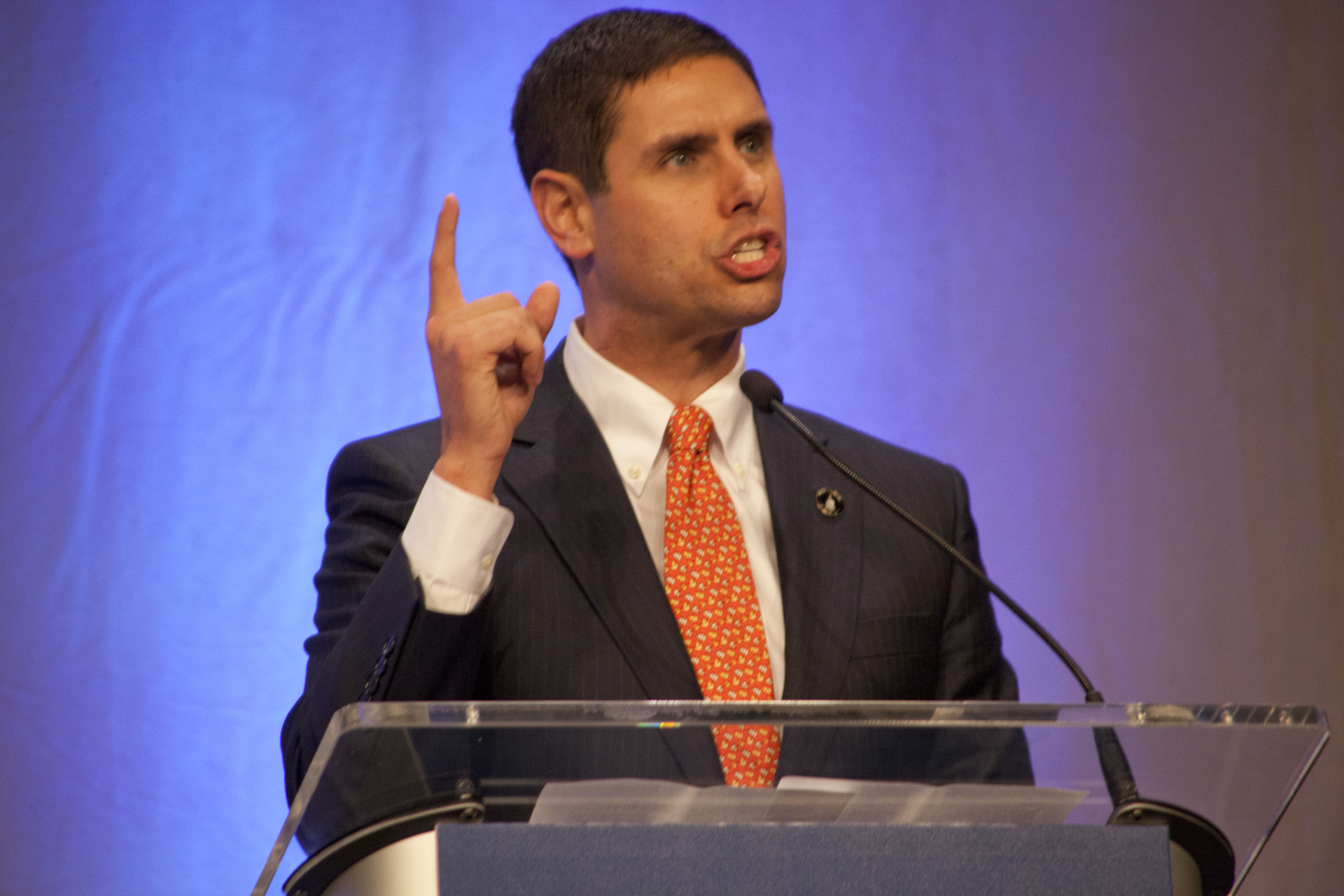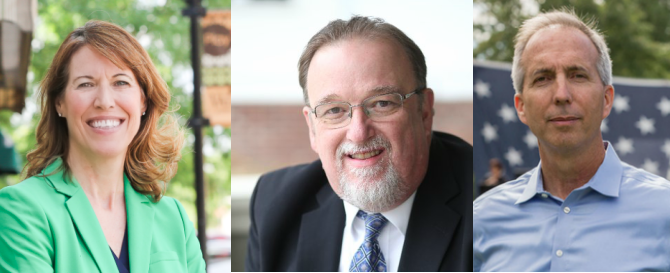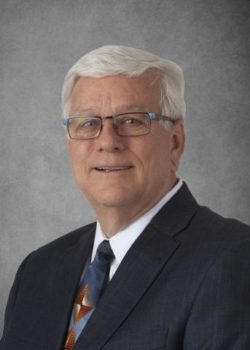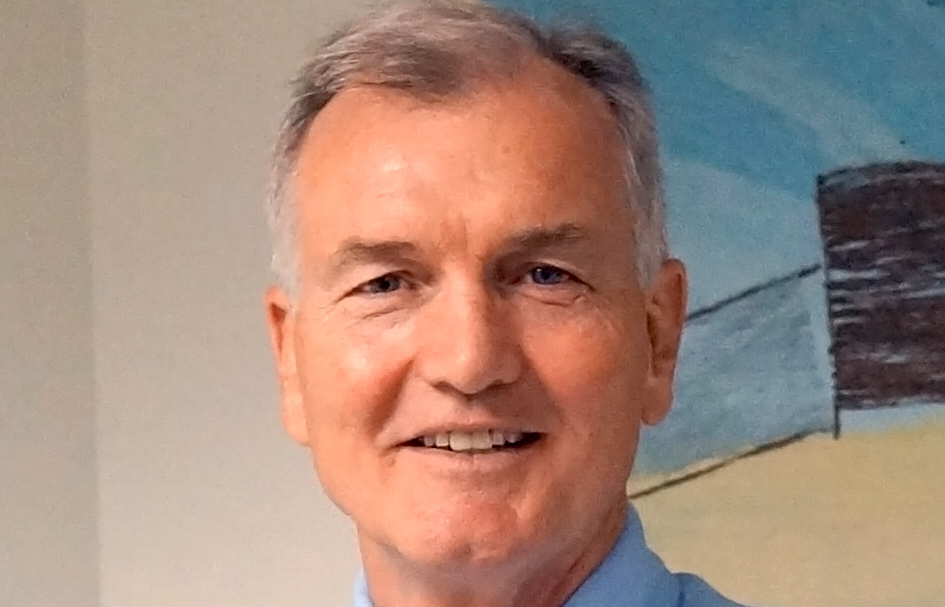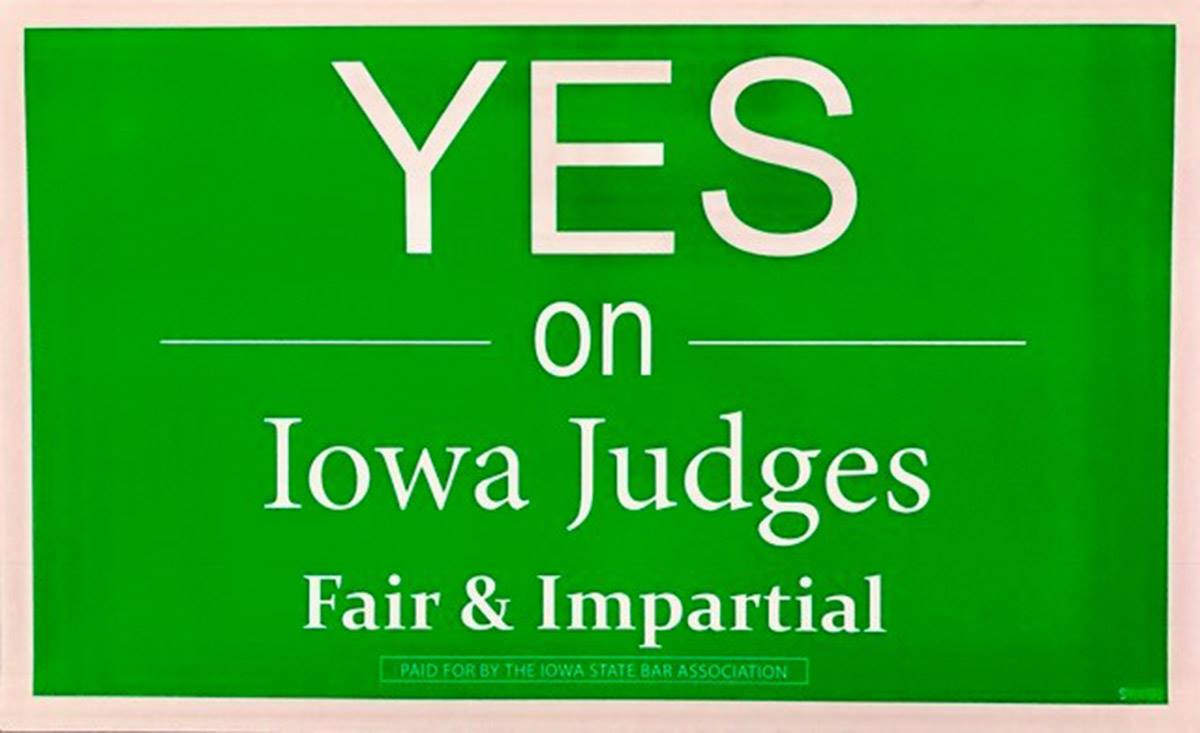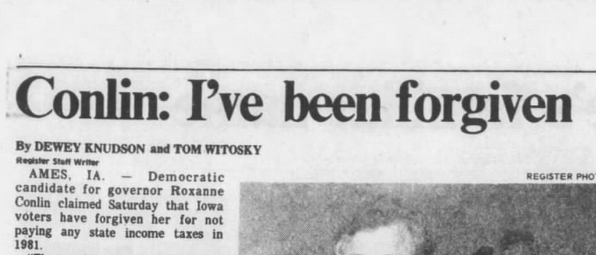Time for a new thread on the statewide election results. I haven’t dug into the county-level returns in the governor’s race yet, but Chet Culver didn’t even carry Polk County, which he won with a 21,000 vote margin in 2006. Culver did carry Johnson County, but by a much smaller margin than in 2006. What happened in your area, Bleeding Heartland readers?
UPDATE: Culver carried only eight counties: Black Hawk (Waterloo/Cedar Falls area), Linn (Cedar Rapids), Johnson (Iowa City), Dubuque, Des Moines (Burlington area), Lee (Ft. Madison/Keokuk), Story (Ames), and Jefferson (Fairfield). Culver almost carried Floyd County, where Republicans easily won House district 14. I guess Charles City loves I-JOBS! LATE UPDATE: The unofficial results indicate that Culver did carry Floyd County (barely), by fewer than 100 votes.
Branstad carried Wapello County (Ottumwa) for the first time. In his 1994 landslide victory, Bonnie Campbell carried only four counties: Story, Johnson, Des Moines and Wapello.
The down-ticket Democrats had a lot of ground to make up with Chuck Grassley winning the U.S. Senate race 64 percent to 33 percent and Terry Branstad winning 53 percent to 43 percent. Secretary of State Michael Mauro outperformed Culver, which he wasn’t able to do in 2006, but still fell short against Matt Schultz. It’s a shame to see such a competent public official lose in a wave election. Iowa will continue to benefit from his work to make voting more accessible and secure, with paper ballots. I expect the new legislature to act on Schultz’s top priority, photo ID requirements, and I wonder if they will also revoke same-day voter registration.
Iowa Republicans didn’t miss many targets, but I think they overlooked an opportunity by not investing in the state treasurer’s race. Michael Fitzgerald won his eighth term by an unusually narrow (for him) margin: just under 53 percent to 47 percent. A few hundred thousand dollars thrown toward Dave Jamison’s campaign could have won that race. Jamison didn’t have the resources to improve his name identification or make his case against Fitzgerald. Last year some conservative blogger, it may have been Krusty, said Christian Fong should have challenged Fitzgerald instead of running for governor as a 32-year-old. With his background in finance, his connections to major Republican fundraisers, and his roots in both eastern and western Iowa, Fong might have outperformed Jamison.
Tom Miller winning more than 55 percent of the vote was such a relief. The Republicans threw everything they had at him, and he ran a non-existent campaign until the final month, but he still defeated Brenna Findley convincingly. Miller even carried Woodbury County, where Republicans romped. Now he can get back to work on state attorneys’ coordinated investigation of foreclosure practices:
Mr. Miller’s status as a point man in the multistate investigation has been seen by many observers as a sign that the states will push for a sweeping settlement requiring lenders to implement mortgage modifications allowing homeowners to stay in their houses.
Mr. Miller, who has monitored mortgage-industry practices for years, had already begun discussions with some lenders, including Bank of America. In one meeting last week at Mr. Miller’s office, he and officials from other states told Bank of America executives and outside lawyers that state attorneys general would like additional aid to be offered to borrowers, such as further principal reductions on certain delinquent loans where people owe much more than what their homes are worth, according to people familiar with the meeting.
Doubt Findley would have been interested in seeking concessions from corporations to people underwater on their mortgages.
Environmentalists lost a few supporters in the Iowa Senate last night, but today many advocates are cheering the passage of the Iowa Water and Land Legacy trust fund amendment. I wouldn’t count on that fund being filled anytime soon, and I don’t support a regressive sales tax increase. However, it’s good to know that if Branstad follows through on plans to shift from income taxes to consumption taxes, he won’t be able to avoid allocating more money to soil and water conservation. The big margin of victory for this amendment (62.7 percent yes, 37.3 percent no) was also a blow to the Iowa Farm Bureau Federation’s prestige. Farm Bureau never opposed this amendment the two times state legislators passed it nearly unanimously, and a Farm Bureau representative was on the group that helped shape the amendment wording. For some reason, Farm Bureau decided late in the game to made a play to stop this amendment. In doing so, they disappointed some sympathetic legislators and enraged conservatives who backed a constitutional convention. The Farm Bureau’s messaging urged a no vote on the constitutional convention question as well as the soil and water trust fund.
Please share your thoughts about any of last night’s election results in your town, county or beyond. Iowa City voters upheld the 21-only bar ordinance, by the way.
Feel free to comment on races from outside Iowa that caught your eye. A few U.S. Senate seats haven’t been called, but the chamber seems likely to have 53 Democrats and 47 Republicans. Republicans will pick up between 60 and 70 House seats, meaning they will hold 240 to 250 seats in the new chamber (218 are needed for a majority). Republicans are on track to hold about 30 governorships, although several states have yet to be decided. Republicans swept Michigan, Ohio and Pennsylvania, assuring that they can replicate their successful gerrymanders of those states. Florida approved ballot measures that were designed to limit gerrymandering, but opponents may challenge those rules in court. Florida will still have a Republican governor and legislature, but if the ballot measures stand Democrats may make gains at the state level and in Congressional districts.
Democrats did better in some states (Connecticut, California, West Virginia) than in most others, but a common thread was Republican gains among independents, working-class whites and suburban voters. For instance, Joe Sestak fell just short in the Pennsylvania Senate race, losing to Pat Toomey 51 percent to 49 percent. He did as well in Philadelphia as Bob Casey did four years ago, but couldn’t match Casey’s performance in other parts of the state.
The Republican campaign for president will start winding up any day now, so get ready for more Iowa visitors. On that note, one person who has been touted as a presidential prospect, Mike Pence, may be laying the groundwork to run for governor of Indiana instead.
Continue Reading...



